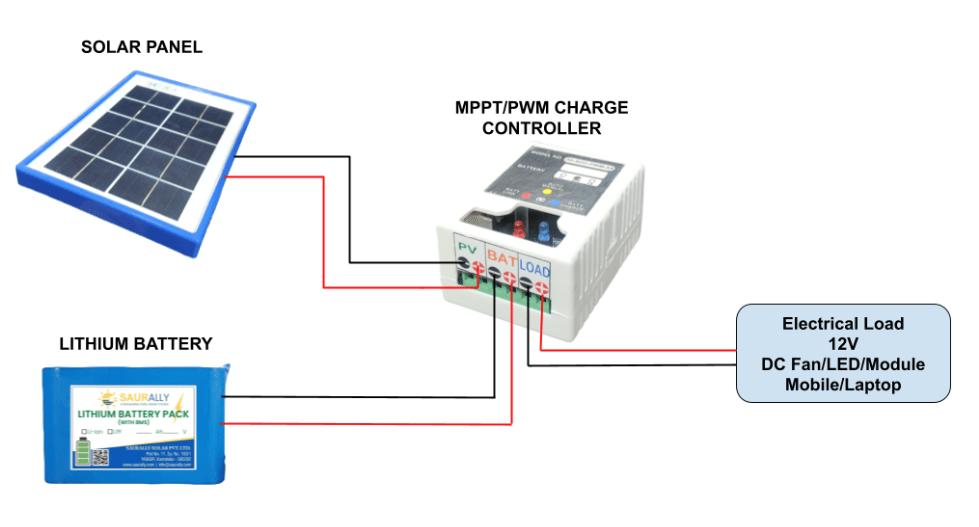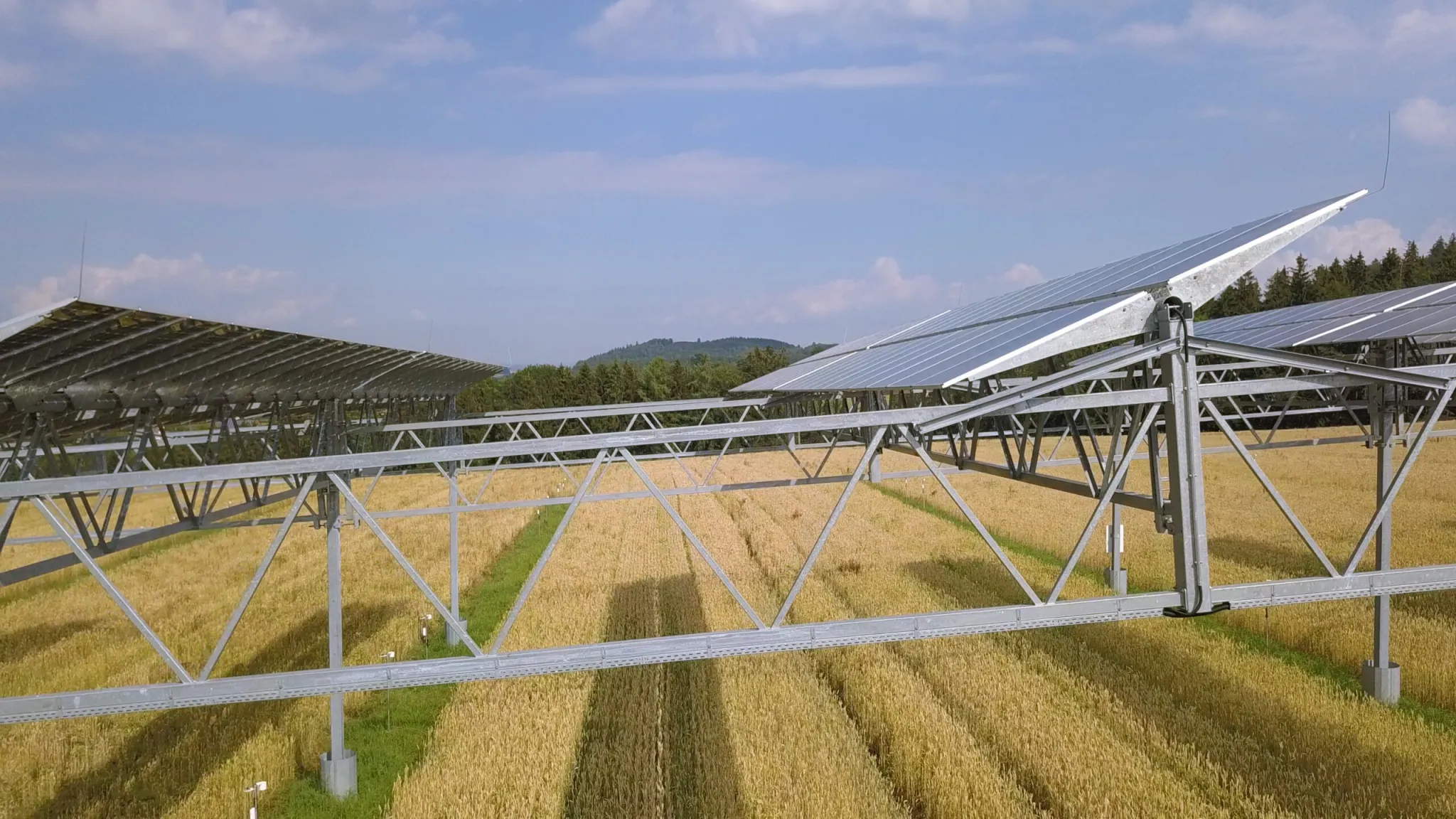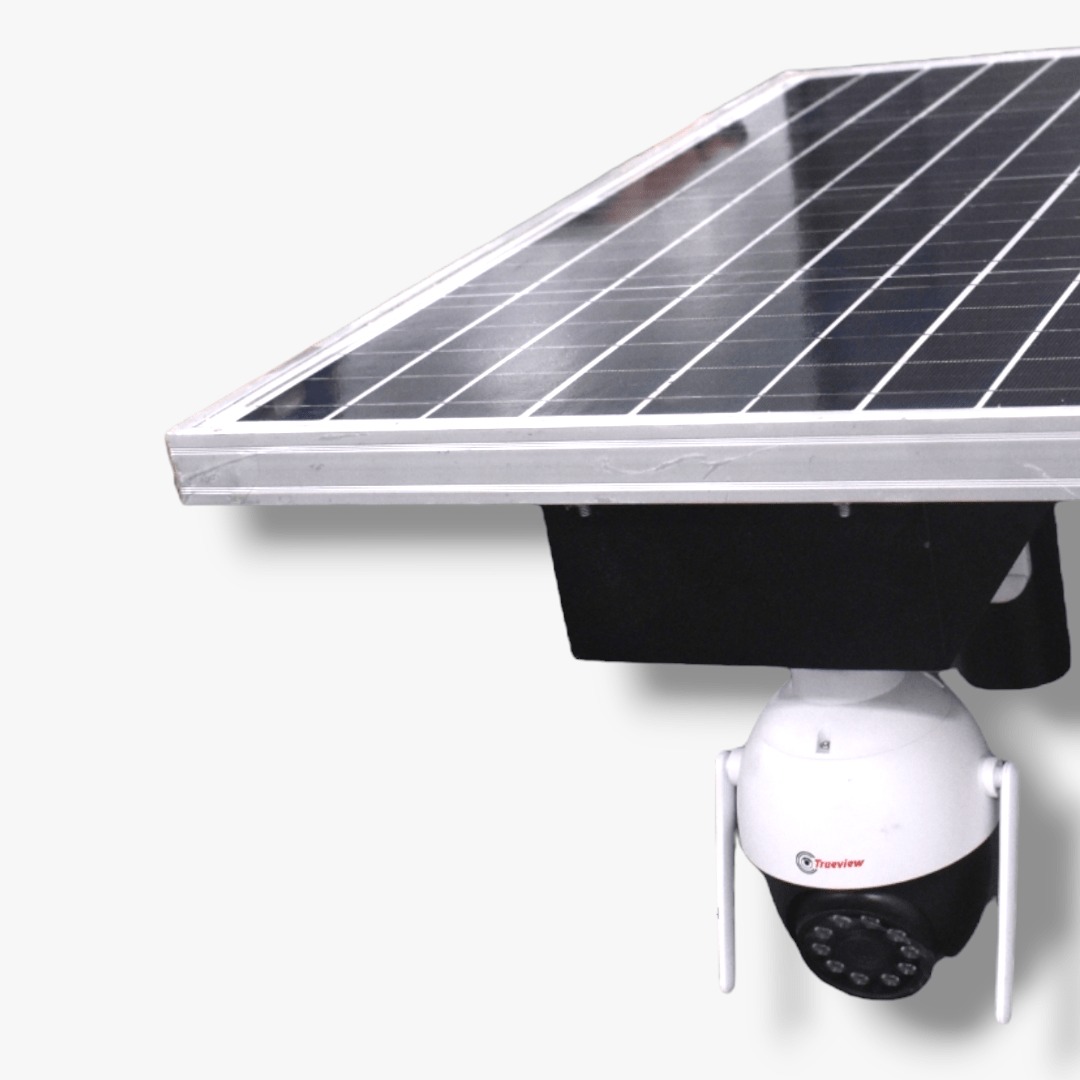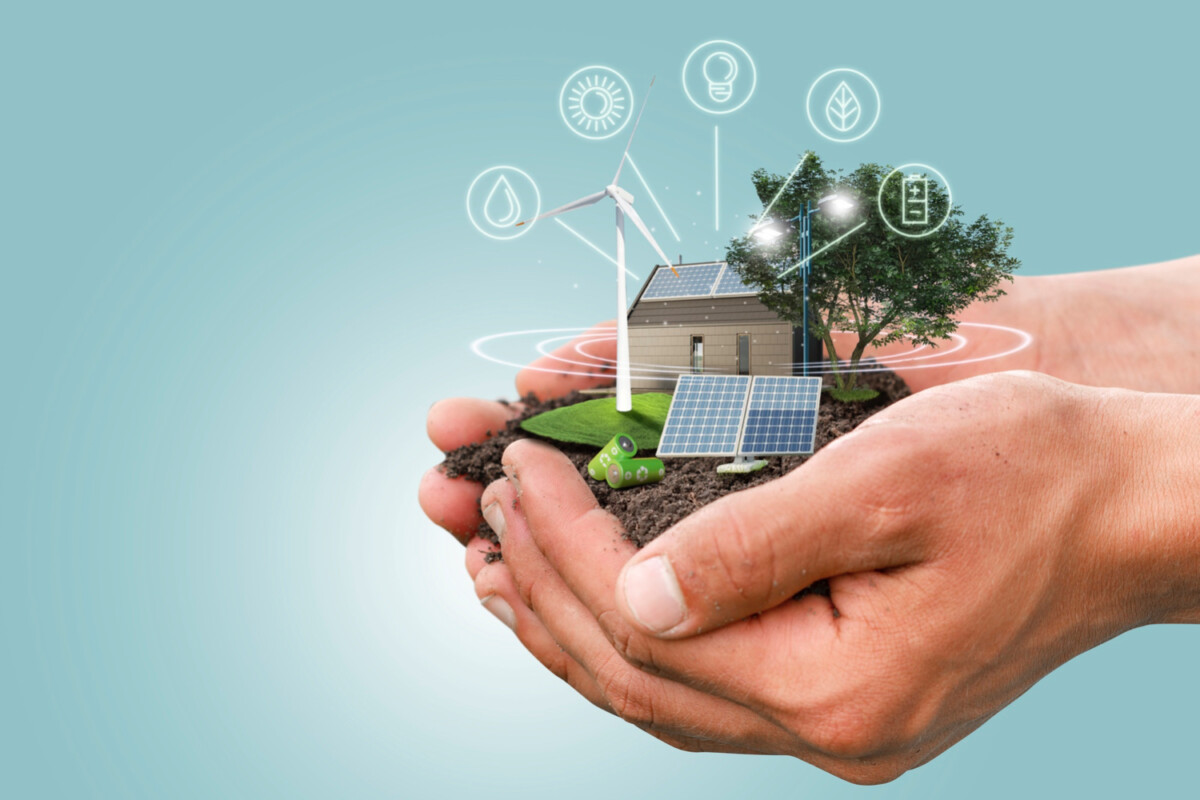What are Solar Rooftop Systems?
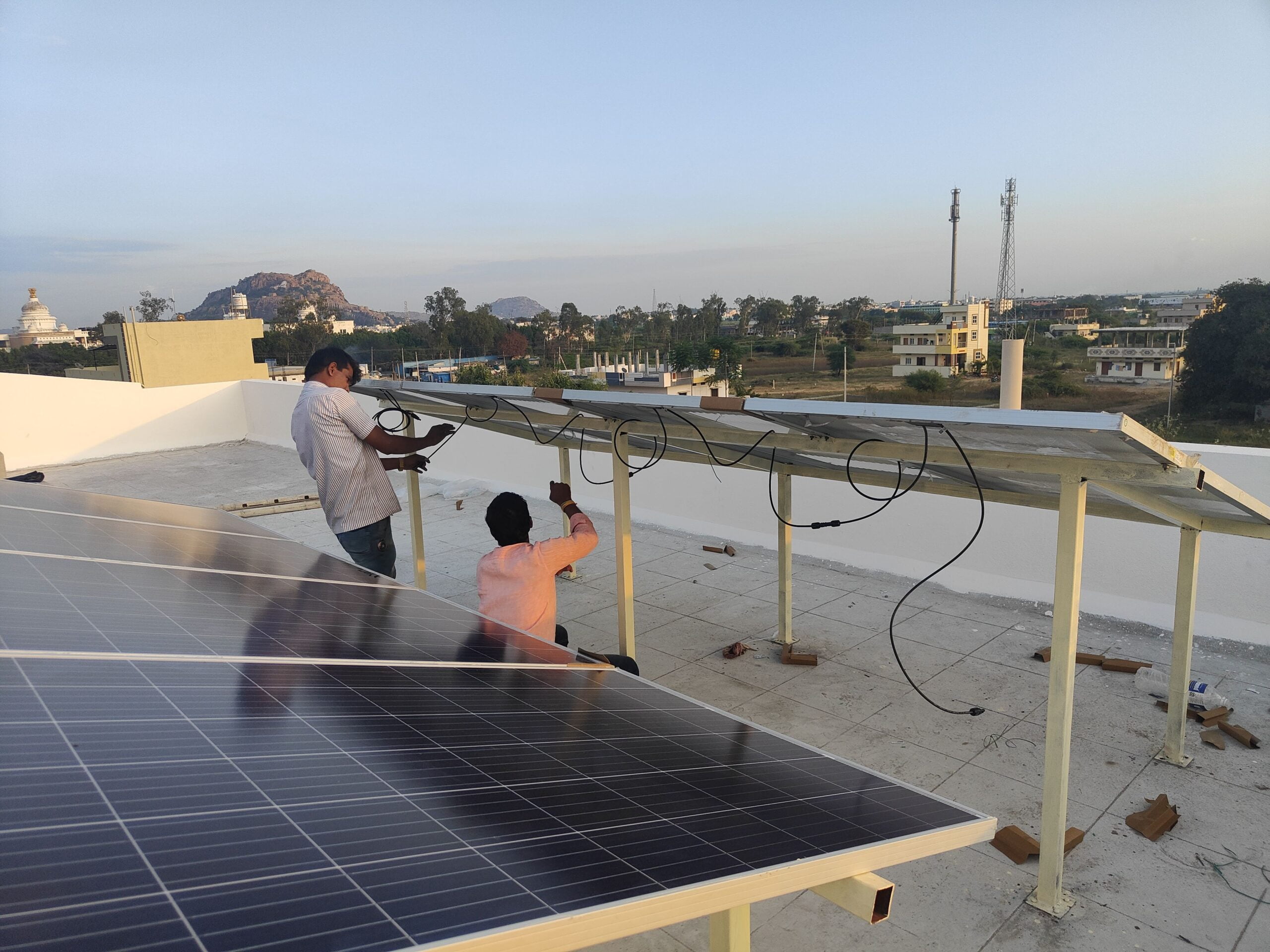
Solar rooftop systems, also known as rooftop solar panels or photovoltaic systems, are a popular and effective way to generate electricity from the sun’s energy. These systems are installed on the rooftops of homes, businesses, and other buildings and use solar panels to convert sunlight into electricity.
There are several benefits to using solar rooftop systems. One of the main advantages is that they are a clean and renewable source of energy. Solar panels do not produce any greenhouse gases or other pollutants when they generate electricity, making them an environmentally friendly option. In addition, solar energy is abundant and widely available, making it a reliable source of power.
Another benefit is that solar rooftop systems can help reduce electricity costs. While the initial cost of installing a solar panel system may be high, it can pay for itself over time through savings on electricity bills. In some cases, excess electricity generated by a solar rooftop system can even be sold back to the grid, providing an additional source of income. In areas with high electricity prices or generous solar incentives, the financial return on investment for a solar panel system can be even greater.
Solar rooftop systems are also relatively easy to install and maintain. They typically require little to no maintenance and can last for decades, making them a long-term investment. Modern solar panels are also highly efficient and durable, with many models able to withstand extreme weather conditions and still perform at a high level.
In addition to the financial benefits, solar rooftop systems can also help increase the value of a home or building. According to some studies, homes with solar panels tend to sell for more than comparable homes without them. This is due in part to the increasing demand for energy-efficient and environmentally friendly homes, as well as the potential for reduced electricity costs.
There are several factors to consider when deciding whether to install a solar rooftop system. One important consideration is the amount of sunlight that a building receives. Solar panels are most effective in areas with high levels of sunlight, such as the southwestern United States. It is also important to consider the orientation and angle of the roof, as well as any shading from trees or other structures.
Another factor to consider is the type of solar panel system to install. There are several different types of solar panels available, including monocrystalline, poly-crystalline, and thin-film. Each type has its own advantages and disadvantages, and the most suitable option will depend on the specific needs and circumstances of the building.
There are also a number of incentives and financing options available to help offset the initial cost of installing a solar panel system. These can include tax credits, grants, and loans, as well as power purchase agreements and net metering programs. It is worth researching these options and consulting with a professional solar installer to determine the most cost-effective solution.
Overall, solar rooftop systems are a practical and effective way to generate clean, renewable energy and reduce electricity costs. They can help combat climate change, reduce reliance on fossil fuels, and provide a long-term financial benefit. While there are some upfront costs and considerations involved, the benefits of switching to solar energy are numerous and can make a positive impact on both the environment and your bottom line.
Saurally manufactures and install solar panels, solar street lights, solar home kits and solar cameras. Our products are sold across the country via e-commerce platforms like amazon and others. Please contact us with your requirements for a quote.

